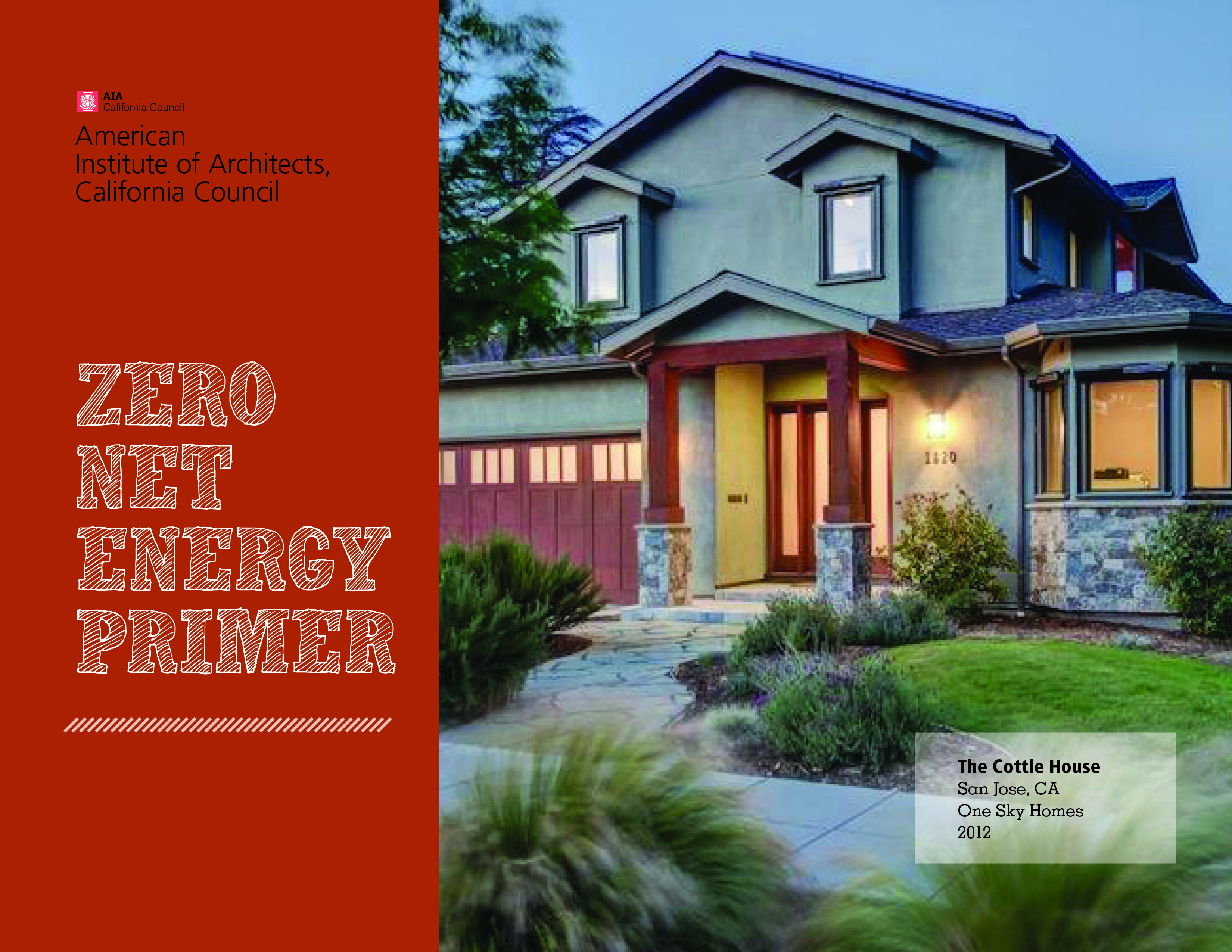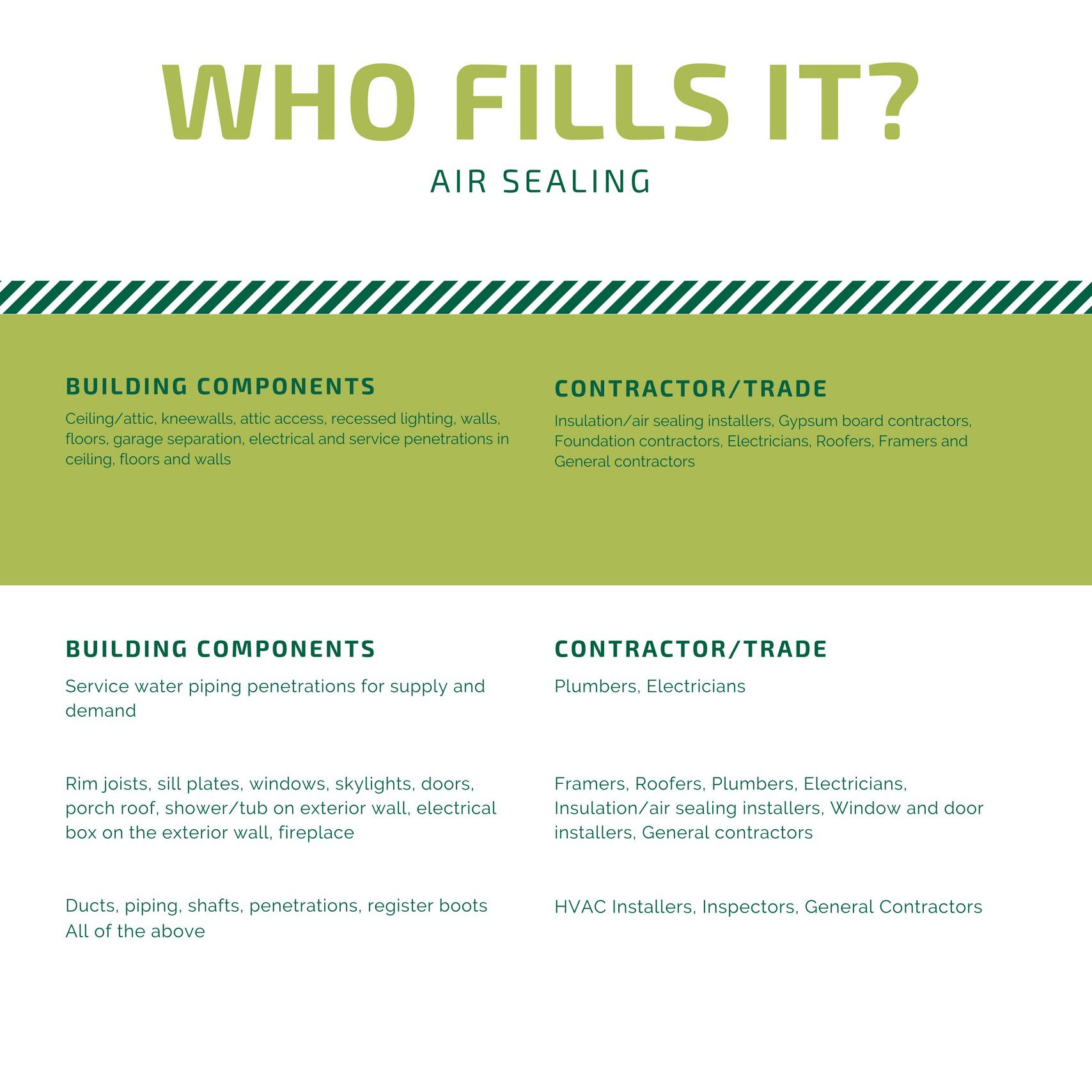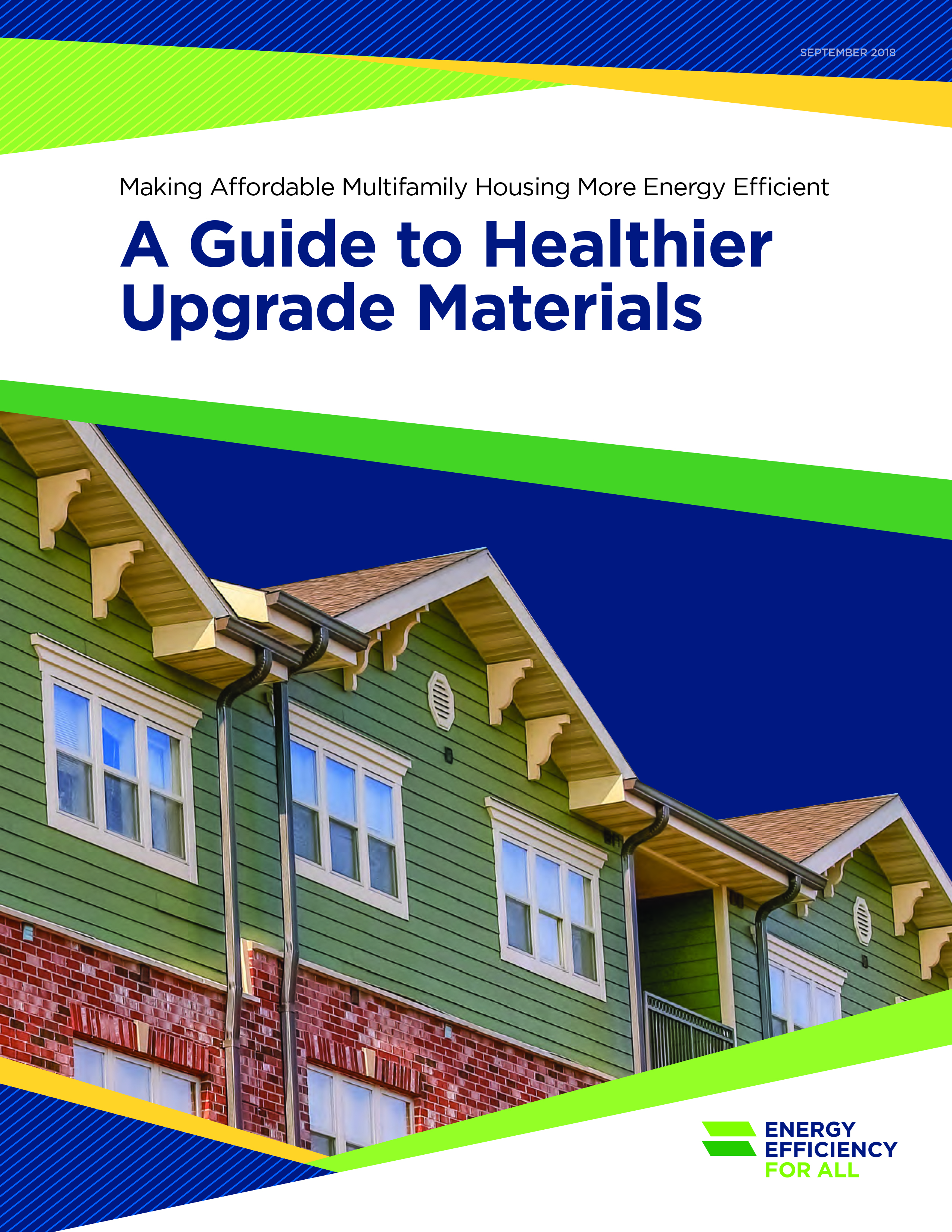Green or sustainable construction is estimated to make up one-third of single-family and multifamily home construction, and that number will likely increase to roughly 50 percent by 2022.[1] Such energy-efficient homes are in high demand among buyers because they are less costly to own, more comfortable, and generally command a higher resale value...
Which is the more cost-effective method of reaching energy code requirements, saving energy or generating it with solar panels on-site? According to a new report, the answer is clear.
Designers Report on Energy Efficiency Trends
Fixr.com recently published its 2019 Energy-Efficient Home Design Trends Report. The study’s authors interviewed 25 experts in the home design industry to peg upcoming trends in energy-efficient home features, design, and building trends. These experts have a pulse on what consumers want in design but...
Building professionals across the country acknowledge one of the central challenges facing construction today is recruiting talented tradespeople. Ryan Miller, Founder and Executive Director of North Carolina Building Performance Association (NCBPA), a five-year-old not-for-profit association, is working on a solution: a toolkit of career...
With 27 years’ experience as an insulation contractor in the Dallas/Fort Worth Area, Cardice Howard’s knowledge base about energy-efficient home construction is extensive. She’s seen that builders who work collaboratively with all trades achieve the best results, a better HERS score, and the desired home energy efficiency or air tightness targets....
With 2018 coming to a close, we reviewed the most read blog posts of the year. Air sealing was our most popular topic. With more states adopting stronger energy codes, readers were very interested in how to use high-performance building practices and proper air sealing to achieve new air tightness targets.
If technology is a bullet train, home building is a bicycle. Technological changes occur at a dizzying pace, but the main design of the bicycle – like that of a home, has changed very little in centuries. However, while home design principles haven’t changed much, architects and builders have more knowledge than ever before of building science and...
While only two U.S. states currently have a mandated goal of zero net energy (ZNE) home construction after 2020, Oregon and California, it’s becoming increasingly clear that ZNE homes will be much more prevalent in the not-too-distant future as states and municipalities look for ways to reduce carbon emissions and ultimately mitigate the impact of...
Air Sealing: Whose Job Is It Anyway?
An average of 22 subcontractors are involved in the construction of a new home.[1] With dozens of people involved, there can be a lot of confusion about whose job air sealing is, particularly if details aren’t spelled out within the scope of work or aren’t communicated effectively.
Ensuring that new...
Fiberglass insulations received a ringing endorsement in a recent report by Energy Efficiency for All (EEFA) that examines the health impacts of materials used in weatherization and energy efficiency upgrades for low-income multifamily housing stock.
The report reviews the materials used in these retrofits and ranks products – including various...

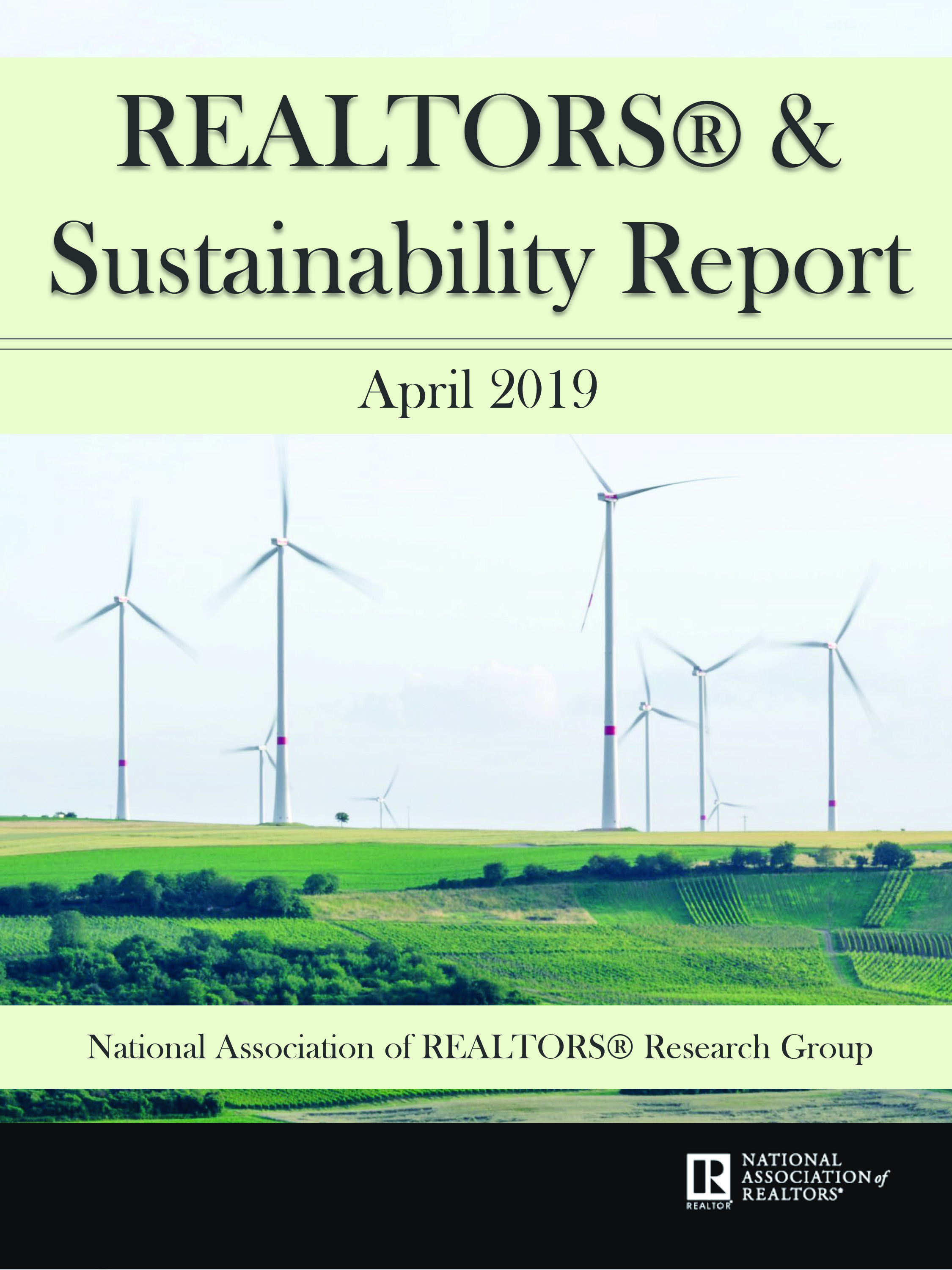
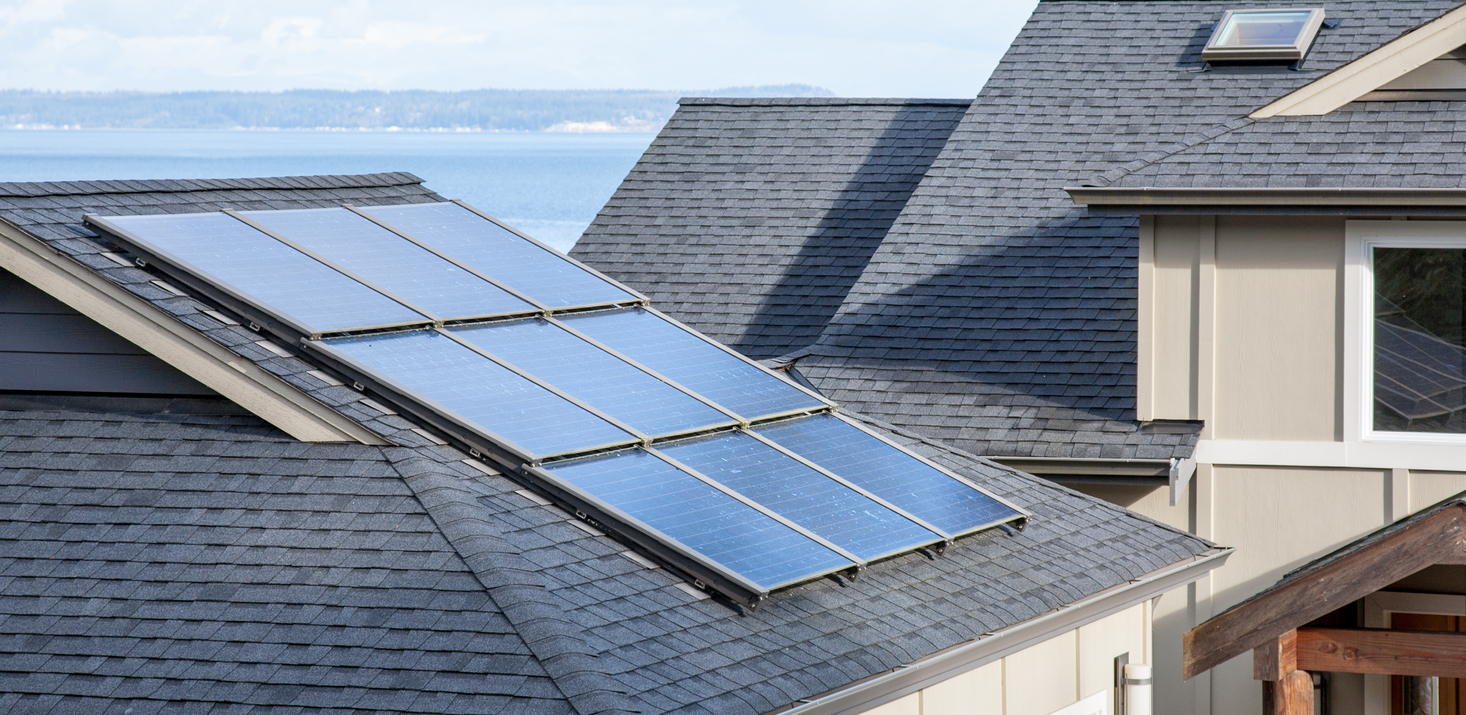
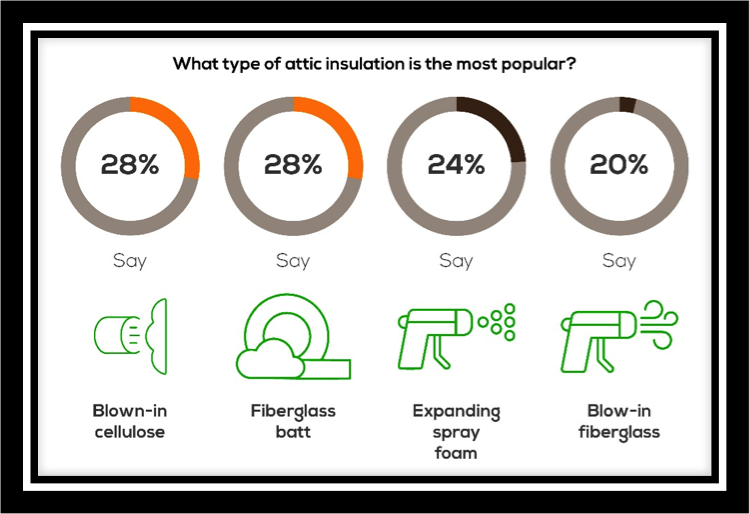


.jpg)

